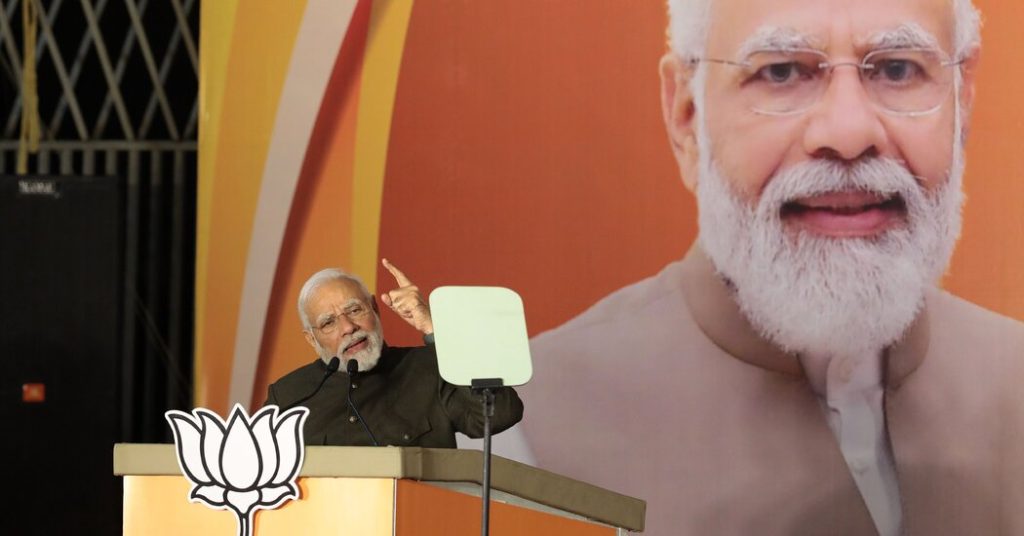Narendra Modi, the current Prime Minister of India, has been praised for his significant impact on the country’s development and foreign relations. Since coming to power in 2014, Modi has implemented various reforms aimed at boosting the Indian economy and improving infrastructure. His pro-business policies and initiatives such as “Make in India” have attracted international investment and helped create jobs. Additionally, Modi has taken steps to strengthen India’s position on the global stage, forging closer ties with countries like the United States and Israel.
However, Modi’s leadership has also been marked by controversy and criticism. His government has been accused of engaging in anti-democratic practices, such as cracking down on dissent and imposing restrictions on freedom of speech. Critics argue that Modi’s administration has sought to silence dissenting voices and undermine political opposition, leading to concerns about the state of democracy in India. In addition, Modi’s government has faced allegations of religious persecution, particularly against Muslim minorities.
The issue of religious persecution in India has been a major source of controversy during Modi’s tenure as Prime Minister. Critics accuse his government of favoring Hindu nationalism and discriminating against religious minorities, particularly Muslims. Instances of mob violence and attacks on religious minorities have raised concerns about the safety and security of marginalized communities in India. Critics argue that Modi’s government has failed to adequately address these issues and has even been complicit in encouraging communal tensions.
Despite these criticisms, Modi remains popular among many segments of the Indian population. His strong leadership and focus on economic development have resonated with voters who view him as a decisive and capable leader. Modi’s emphasis on nationalism and Hindu identity has also struck a chord with supporters who believe in his vision for a strong and assertive India. His government’s efforts to promote Indian culture and heritage have been seen as a welcome change by many who feel proud of their country’s traditions and history.
In conclusion, Narendra Modi’s tenure as Prime Minister of India has been characterized by both praise and criticism. While he has been lauded for his efforts to boost the economy and strengthen India’s global standing, his government has also faced allegations of anti-democratic practices and religious persecution. Despite these challenges, Modi remains a popular figure in Indian politics, with a strong base of support among voters who appreciate his leadership style and vision for the country. The debate over Modi’s legacy and impact on India’s democracy and religious tolerance is likely to continue for years to come.


